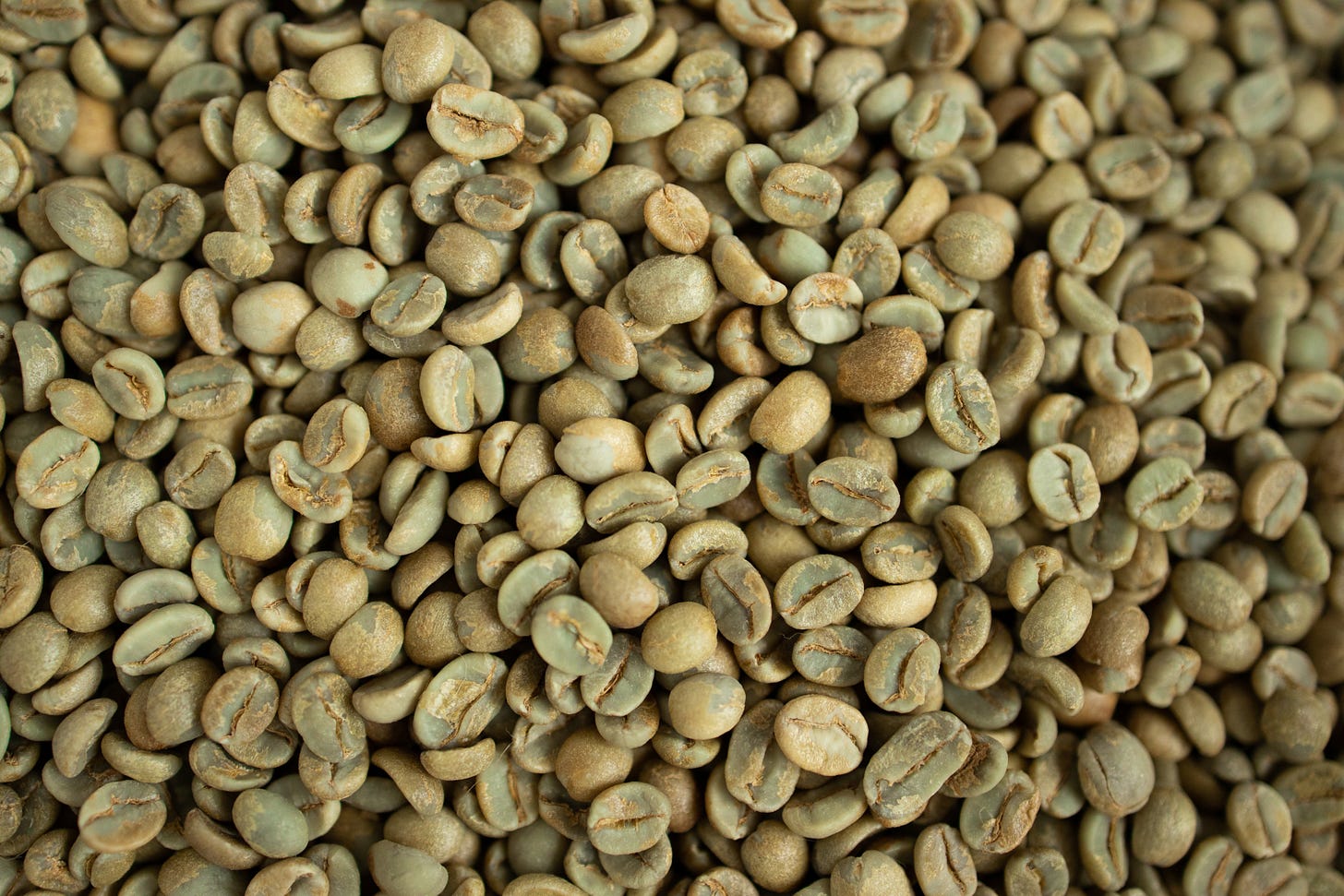- Caffeine Chronicles
- Posts
- Sustainability in Coffee: Brewing a Greener Cup
Sustainability in Coffee: Brewing a Greener Cup
Sustainability in Coffee: Brewing a Greener Cup
In this edition of Caffeine Chronicles, we're delving into the vital realm of sustainability in coffee. The coffee industry has long been connected to agricultural and environmental issues. Join us as we explore the initiatives, innovations, and choices that are helping to brew a greener cup of coffee.

1. Coffee and Environmental Challenges
The Coffee Belt: Coffee is grown in regions across the world that are particularly vulnerable to climate change, deforestation, and soil erosion.
Shade-Grown Coffee: Shade-grown coffee, cultivated under a canopy of trees, plays a crucial role in preserving biodiversity and soil health.
2. Sustainable Coffee Farming Practices
Organic Coffee: Organic coffee is cultivated without synthetic pesticides or fertilizers. It promotes healthier soil and reduces the risk of chemical runoff.
Fair Trade Coffee: Fair trade coffee ensures that farmers receive fair prices for their beans, promoting economic sustainability and ethical working conditions.
3. Coffee and Biodiversity Conservation
Bird-Friendly Coffee: Bird-friendly or shade-grown coffee encourages a habitat for birds and wildlife, maintaining the ecological balance in coffee regions.
Rainforest Alliance Certified Coffee: The Rainforest Alliance works to promote sustainable farming and protect the environment in coffee-producing areas.
4. Reducing Coffee's Carbon Footprint
Carbon-Neutral Roasting: Some coffee roasters are actively working to reduce their carbon footprint through eco-friendly roasting methods and carbon offset programs.
Sustainable Packaging: The coffee industry is exploring more eco-conscious packaging, including compostable bags and reduced plastic usage.

5. Ethical Sourcing and Supply Chain Transparency
Direct Trade Coffee: Direct trade allows coffee roasters to work directly with coffee producers, promoting fair payment and strong relationships.
Blockchain in Coffee: Blockchain technology is increasingly used to create transparent supply chains, ensuring fair compensation for all involved.
6. Coffee Waste Reduction
Coffee Chaff Recycling: Chaff, the skin of coffee beans removed during roasting, can be repurposed into biofuel, compost, or even textiles.
Grounds for Sustainability: Coffee grounds have numerous applications, from skincare products to garden fertilizers.
7. Coffee's Role in Economic Development
Empowering Coffee Communities: Sustainable coffee practices extend to empowering coffee-producing communities. By fostering education, healthcare, and infrastructure development, coffee farming becomes a source of economic growth.
Women in Coffee: The coffee industry has increasingly recognized the pivotal role women play in coffee production. Initiatives aim to empower and support women coffee farmers, ensuring gender equity in the field.
8. Innovative Coffee Processing Techniques
Honey and Natural Process: These alternative processing methods require less water, making them more environmentally friendly. They also contribute unique flavors to the coffee.
Fermentation and Extended Fermentation: Innovations in fermentation techniques are being explored to enhance flavor profiles while using fewer resources.
9. The Coffee Circular Economy
Coffee Composting: Grounds and waste from the coffee production process are being repurposed as compost, enriching soil and reducing waste.
Upcycled Coffee Products: Some companies are turning coffee waste into usable products, like furniture, apparel, and even biofuel.
10. The Power of Coffee Consumer Choices
Demand for Sustainability: The increasing demand for sustainable and ethically sourced coffee is prompting more producers and companies to adopt responsible practices.
Consumer Education: Coffee enthusiasts are learning about the impact of their choices and how they can support sustainability through their coffee purchases.
Conclusion
The journey towards a greener cup of coffee involves a multifaceted approach. From sustainable farming practices and ethical sourcing to innovative processing methods and consumer awareness, the coffee industry is evolving to minimize its environmental footprint and maximize its positive impact on society.
Stay tuned for the next edition of Caffeine Chronicles, where we'll continue our exploration of the captivating world of coffee. Until then, may your coffee be a beacon of sustainability and a testament to the positive changes that coffee can bring to the world.